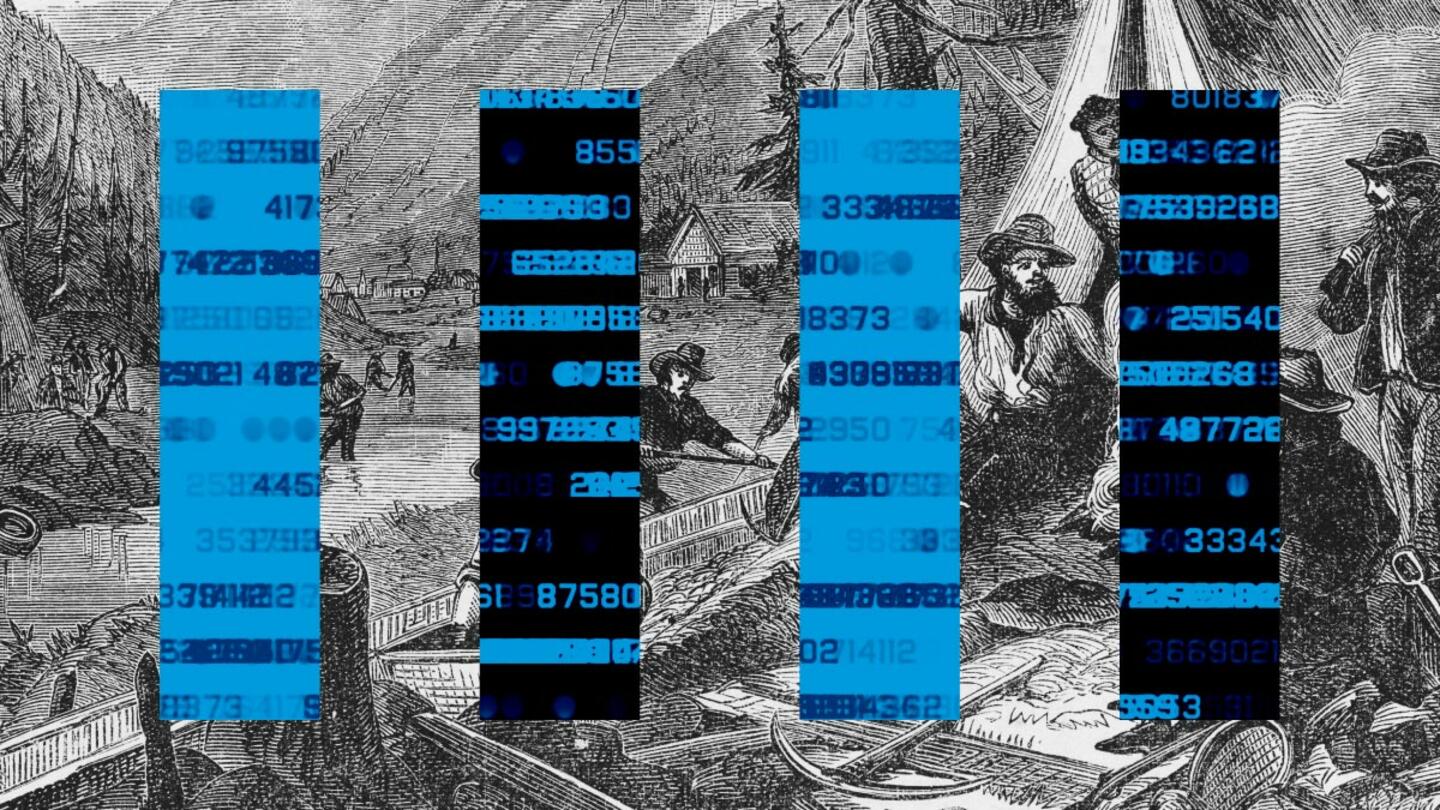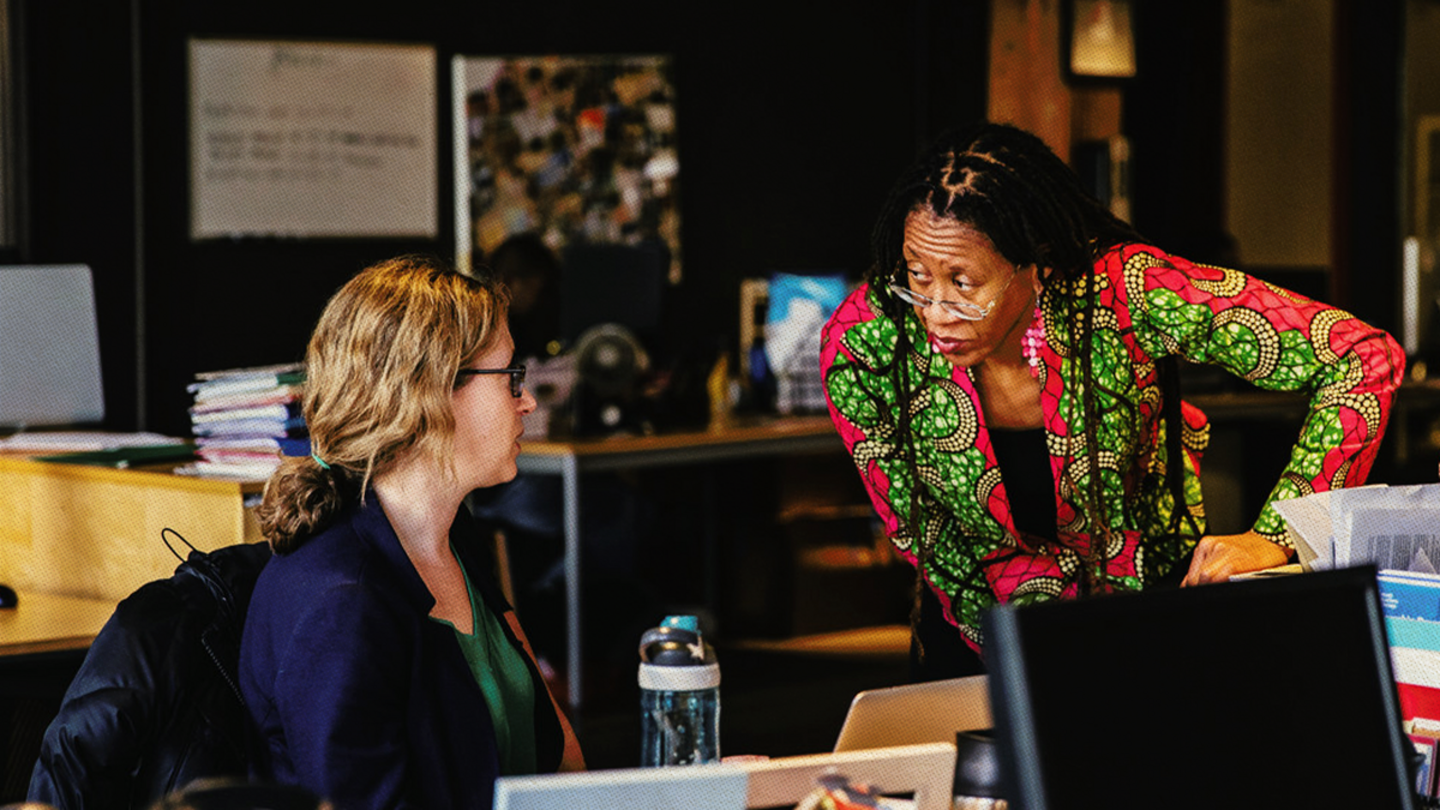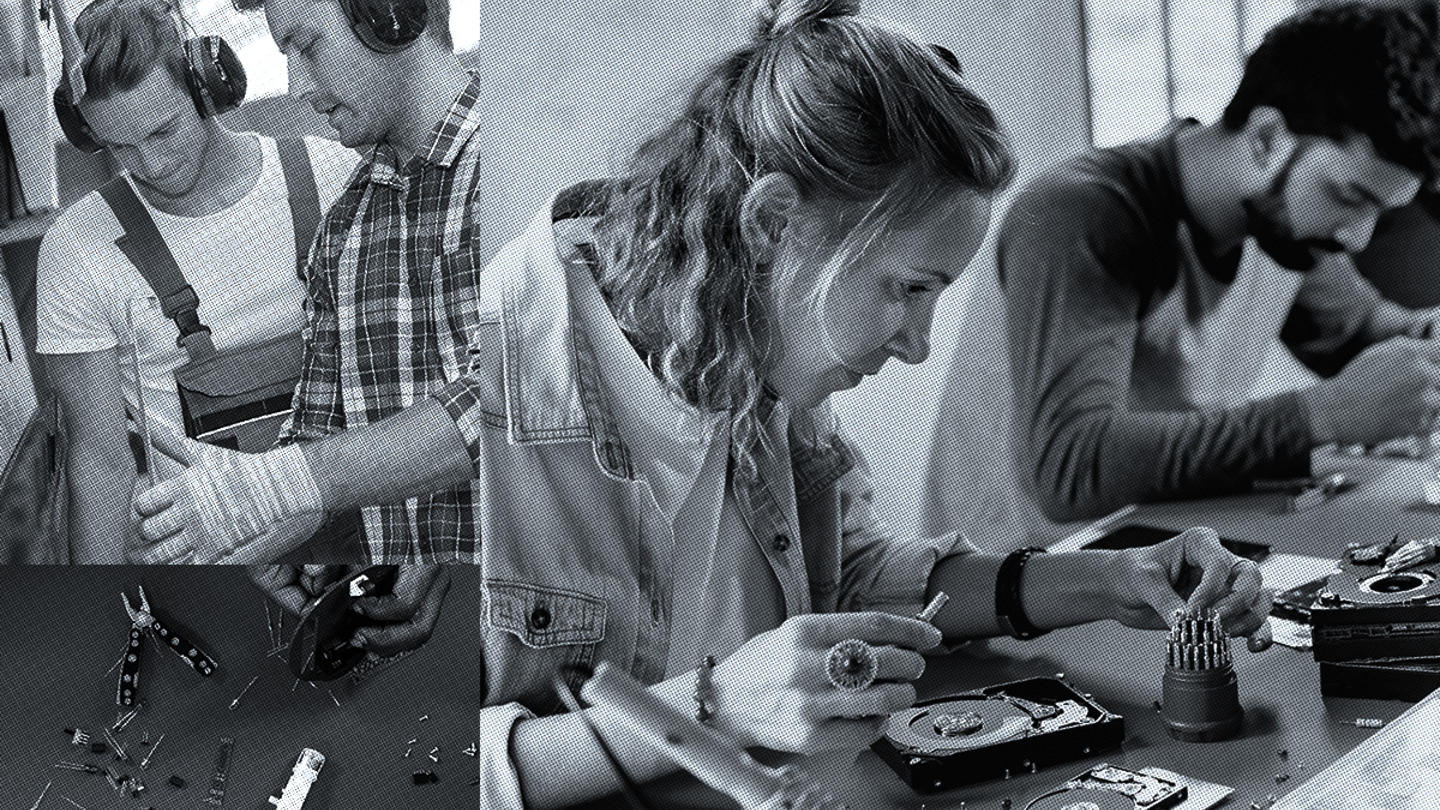Every person has unique aptitudes and the capability to contribute to society for mutual benefit when given the chance. Per Scholas is committed to this principle, which is why it’s empowering thousands of individuals, who are often under-represented in the job market, to pursue fulfilling careers through a tuition-free training model.
Per Scholas’ innovative approach comes at the right time.
The American economy is facing a labor shortage and skills gap. Despite unemployment at just 3.8%, employers struggle to fill the 9.6 million available jobs in the market. Why is this happening? There is a mismatch between the skills employers are looking for and the skills prospective employees have.
Human resources executives say recruiting talent with the necessary skills is one of their top three priorities for 2023, according to a Society of Human Resources Management (SHRM) report. At the same time, only 30% of HR practitioners think their organization effectively hires talent with the right skills. Workers also want to bridge the skills gap, and a SHRM poll shows three out of four workers wish to pursue upskilling programs, yet most don’t because of financial costs.
The United States needs a talented, driven, and skilled workforce. There is no doubt workers check the first two boxes. While some workers have the necessary skills but are locked out of opportunities because of unnecessary degree requirements, far too many people struggle to acquire the practical skills they need to compete for available jobs.
This is where Per Scholas enters the picture.
By using a bottom-up approach to skills-based education that focuses on mutual benefit for employers and learners, Per Scholas is aligning individuals’ skills with employers’ needs and empowering learners to unleash their potential in the labor market.
Per Scholas’ model: Learner-centered, employer-driven
Per Scholas’ mission is simple: Ensure learners secure a meaningful and well-paying job after they complete the program. They do this by simply connecting employers’ needs with a learner’s education.
By placing talent among their network of more than 850 employers (ranging from Google to CapGemini), Per Scholas responds to industry needs, and designs dozens of upskilling programs centered on equipping learners with the skills employers demand.
While the courses are employer-driven, Per Scholas’ mission is learner-centered. Per Scholas spends most of its resources (80% of its $55 million expenditures in 2022) on the training programs they offer at more than 20 locations across the country. The tuition-free programs offer hands-on experience, allowing individuals to learn from experienced mentors. At the end of their program, learners receive knowledge that prepares them to enter the workforce.
Hard skills are necessary for post-graduation success, but those skills are just a piece of the puzzle. Per Scholas understands this, which is why it dedicates 20% of the curriculum to developing professional skills, providing learners one-on-one preparation for communication, collaboration, and other vital skills they need to succeed in their new role. This benefits employers by reducing on-boarding time and ensuring Per Scholas technologists, skilled workers with in-demand technology expertise, are ready to make an impact on day one.
Unlike traditional postsecondary institutions, Per Scholas meets learners where they are and builds upon their unique talents and aspirations by teaching the skills industry demands, which leads into professional opportunities where they can find meaning and purpose.
Sign up for Stand Together's Rethinking Work & Learning newsletter to get the latest stories, ideas, and trends on the future of employment.
Per Scholas shows how postsecondary education alternatives can change lives
According to Per Scholas data, their model benefits learners and employers:
- More than 850 employers to date have hired Per Scholas technologists.
- About 80% of Per Scholas technologists find full-time employment within one year of finishing their programs.
- The typical technologist sees a 320% increase in their income after completing their training.
By putting a learner’s success at the heart of their mission and teaching skills that will help them find a job, Per Scholas is showing how individualized education alternatives can have an outsized influence on the lives of learners while also addressing socio-economic barriers that prevent many people from reaching their full potential.
Their bottom-up approach to teaching — adapting to the needs of employers and learners instead of dictating top-down solutions — is helping close the skills gap in the tech sector. The result is a sustainable cycle of mutual benefit between employers and workers, benefits which will trickle down to all of society.
Per Scholas is showing what a learner-centered, integrated work-and-learn education alternative looks like. One question remains: Are others going to learn from their example?
Per Scholas is supported by the Charles Koch Foundation, which as part of the Stand Together community funds cutting-edge research and helps expand postsecondary educational options.
Learn more about Stand Together's efforts to transform the future of work and explore ways you can partner with us.

Why AI may help more people achieve the American Dream.

Data centers are at the forefront of the ‘new economy.’ But what exactly are they?

Here’s how to bridge the disconnect between employers and employees.

Lessons learned from Colorado.
